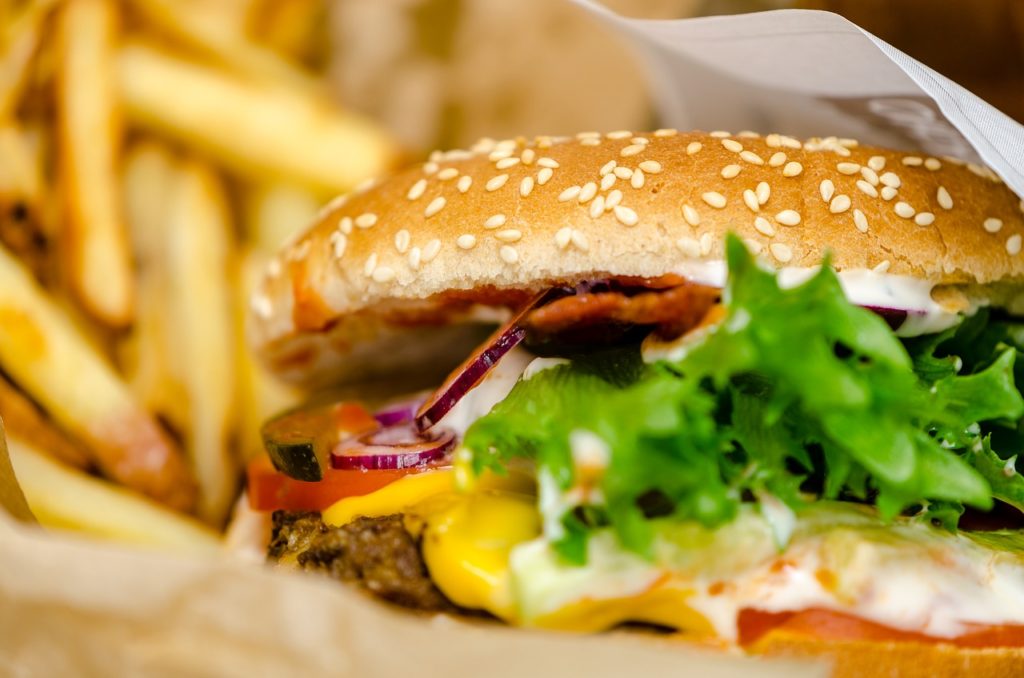
From an outsider’s perspective, individuals who struggle with a food addiction may just seem to lack control when it comes to eating or have the tendency to overindulge.
The truth is however, that a food addiction is a severe problem that if left untreated, can lead to many complications and an overall poor quality of life.
People who are dealing with a food addiction likely have had many complex factors influence their need or desire to use food as a means for escape or control.
Food addicts often engage in a repetitive cycle of consuming foods for emotional purposes, often eating in response to intense feelings, such as:
- Anxiety
- Stress
- Depression
- Sadness
- Grief, and more
Eating certain foods are typically associated with a pleasurable response in the brain, an experience which food addicts often become addicted. This leads to the continued pattern of eating, even when physically full or not in need of physical nourishment.
Treatment Team
Addressing a food addiction is a complex situation, one that requires comprehensive treatment.
Because there are typically underlying factors associated with a food addiction, such as the presence of a mental illness, having the assistance of professionals can be helpful for recovery.
One aspect of treatment for addiction may include working with a registered dietitian, who can be helpful in terms of renegotiating a relationship with food and learning how to differentiate from emotional and physical hunger.
A registered dietitian can also help a person understand the basics of nutrition, such as learning appropriate portion sizes, frequency and normalcy of eating throughout the day, and how to recognize basic hunger and fullness signals once again.
A food addict who may have fallen into a pattern of eating only certain foods may also learn about incorporating a variety of foods and establishing a balanced diet for optimal nutrition.
If you or someone you care for has struggled with a food addiction, consider working with a comprehensive treatment team, including a registered dietitian, to begin your recovery journey today.

About the Author: Crystal is a Masters-level Registered Dietitian Nutritionist (RDN) with a specialty focus in eating disorders, maternal/child health and wellness, and intuitive eating. Combining clinical experience with a love of social media and writing, Crystal serves as the Special Projects Coordinator for Eating Disorder Hope/Addiction Hope, where her passion to help others find recovery and healing is integrated into each part of her work.
As a Certified Intuitive Eating Counselor, Crystal has dedicated her career to helping others establish a healthy relationship with food and body through her work with EDH/AH and nutrition private practice.
The opinions and views of our guest contributors are shared to provide a broad perspective of addictions. These are not necessarily the views of Addiction Hope, but an effort to offer discussion of various issues by different concerned individuals.
We at Addiction Hope understand that addictions result from a combination of environmental and genetic factors. If you or a loved one are suffering from an addiction, please know that there is hope for you, and seek immediate professional help.
Reviewed By: Jacquelyn Ekern, MS, LPC on January 27, 2016
Published on AddictionHope.com
